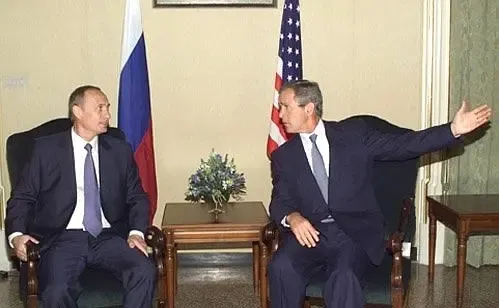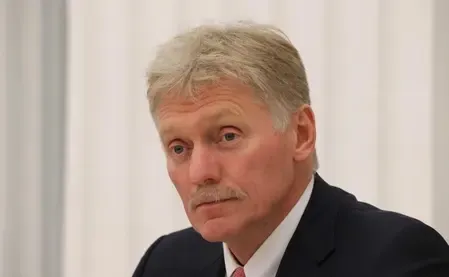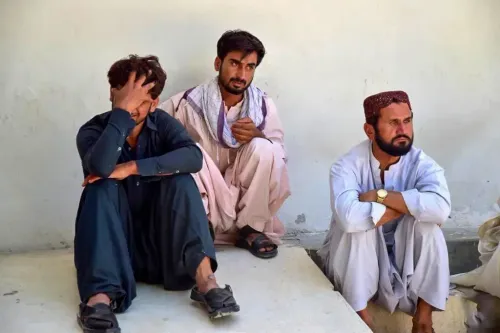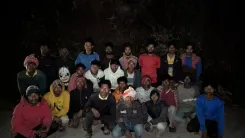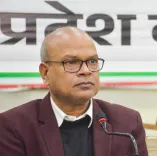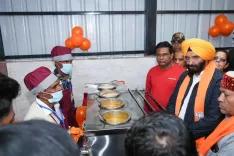Is India Right to Demand a Major Overhaul of the UNSC?
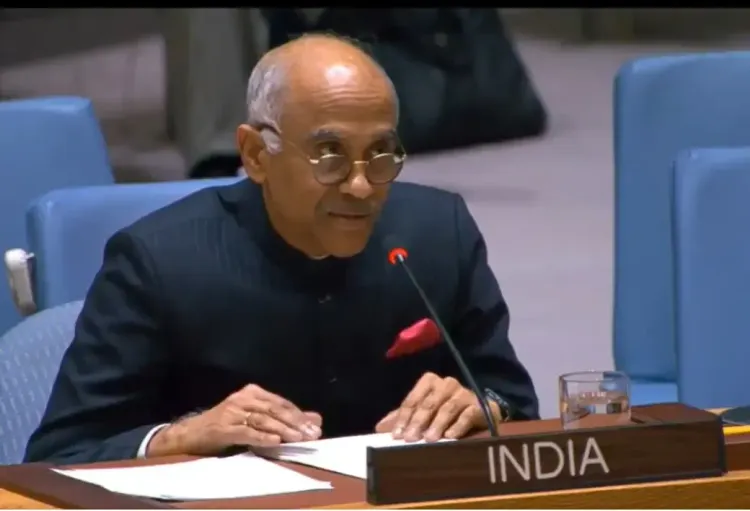
Synopsis
Key Takeaways
- India demands urgent reform of the UNSC to reflect modern geopolitical realities.
- Procedural manipulation is hindering necessary changes.
- UN Secretary-General Guterres supports the call for expanded membership.
- The Global South seeks a greater role in UN decision-making.
- Reform is essential for maintaining global stability.
United Nations, Oct 25 (NationPress) As the global organization celebrates its 80th anniversary, India has asserted that the Security Council urgently needs a comprehensive reform and condemned those who manipulate procedures to impede progress.
UN Secretary-General Antonio Guterres also emphasized the necessity of reforming the Council to broaden its membership to foster stability in a multipolar world.
During the Council’s discussion marking the UN’s founding anniversary, India’s Permanent Representative P Harish criticized the efforts to obstruct reforms through procedural hurdles, deeming it detrimental to the Global South.
“An antiquated Council structure that reflects the geopolitical realities of 1945 is ill-equipped to tackle the challenges of 2025,” he stated.
“The existing 80-year-old framework requires an immediate and fundamental overhaul; delaying it indefinitely through procedural tactics significantly harms our citizens, especially in the Global South,” he added.
“Reform of the Council must encompass expansion in both permanent and non-permanent categories and should occur through text-based negotiations within a defined timeframe,” he stated.
A small coalition of nations led by Italy, which includes Pakistan, has obstructed reform efforts.
Dubbed Uniting for Consensus, this group has hindered the adoption of a negotiating text needed for discussions.
Guterres, speaking from Hanoi via video, highlighted the under-representation in the Asia-Pacific region, which constitutes half of humanity but has only one seat.
“The reform of the Security Council is essential and long overdue for global order and safety maintenance,” he asserted. “This reform should include an expansion of membership.”
He noted that while over half of the peacekeeping operations and numerous special political missions are in Africa, the continent lacks a permanent seat.
“Expanding membership is not merely a matter of justice; it can also yield results. It has the potential to resolve deadlocks and provide stability in our increasingly multipolar world,” he emphasized.
Harish also advocated for a more significant role for the Global South in UN decision-making.
“Global decision-making frameworks must be more democratic and inclusive to effectively address the needs of the Global South,” he urged.
“This bloc represents the vast majority of humanity and faces unique challenges, particularly in development, climate, and financing, thus necessitating greater representation and influence in all UN bodies and processes,” he concluded.


